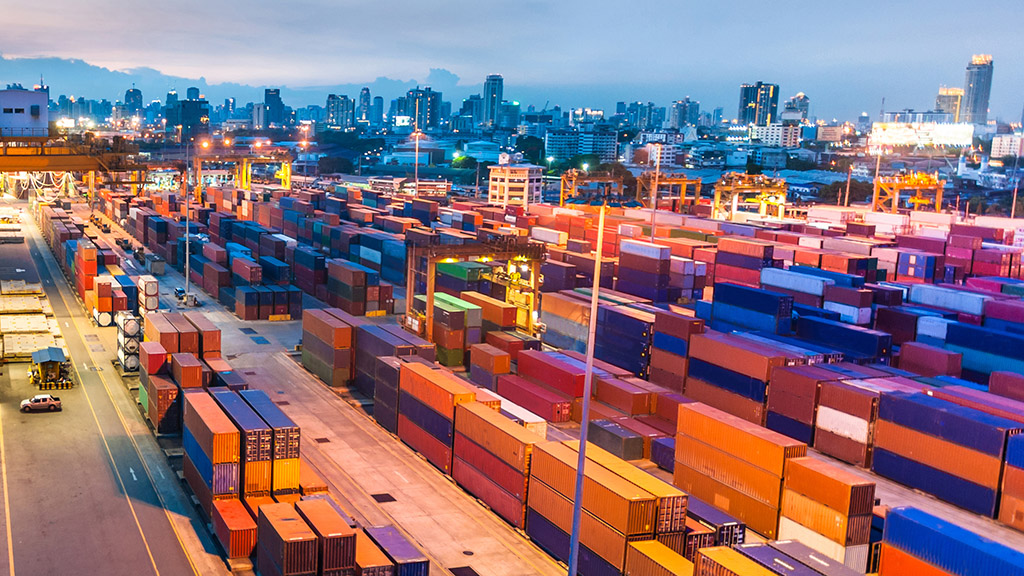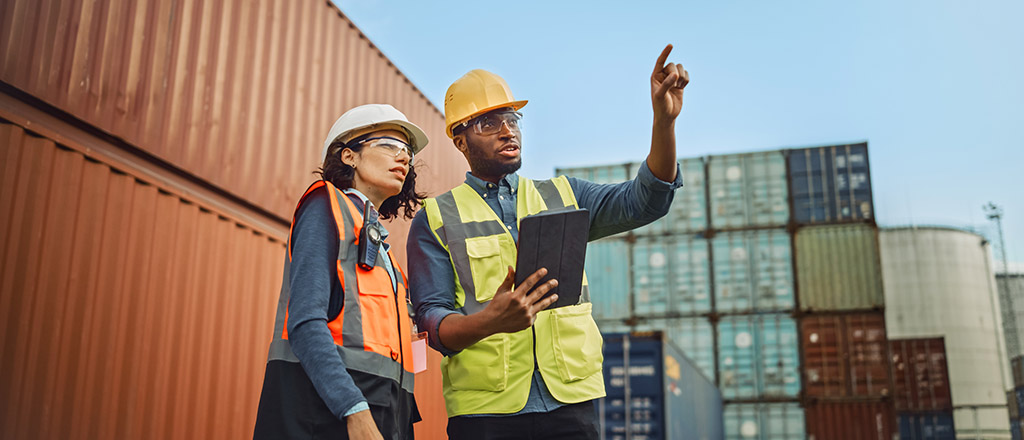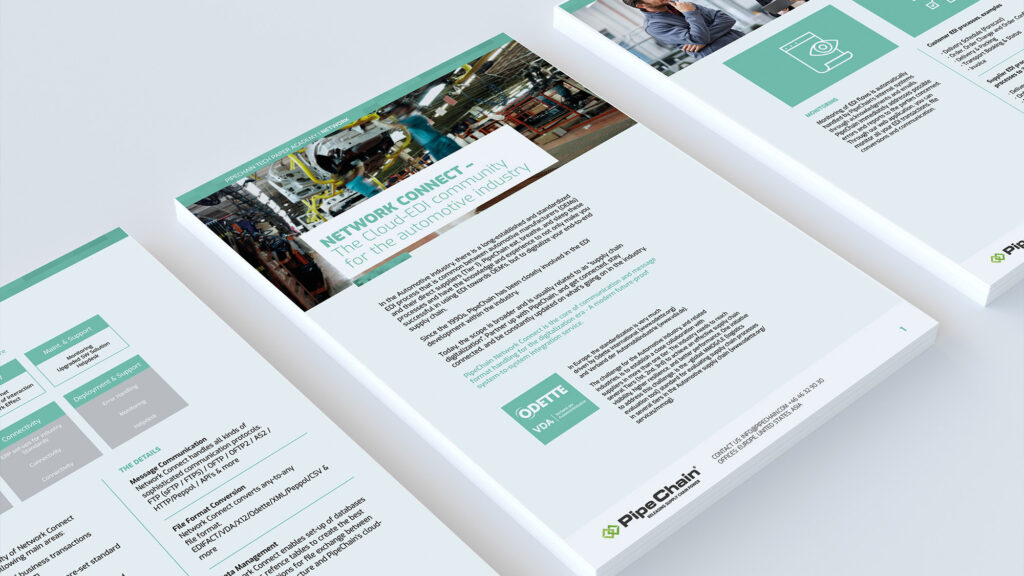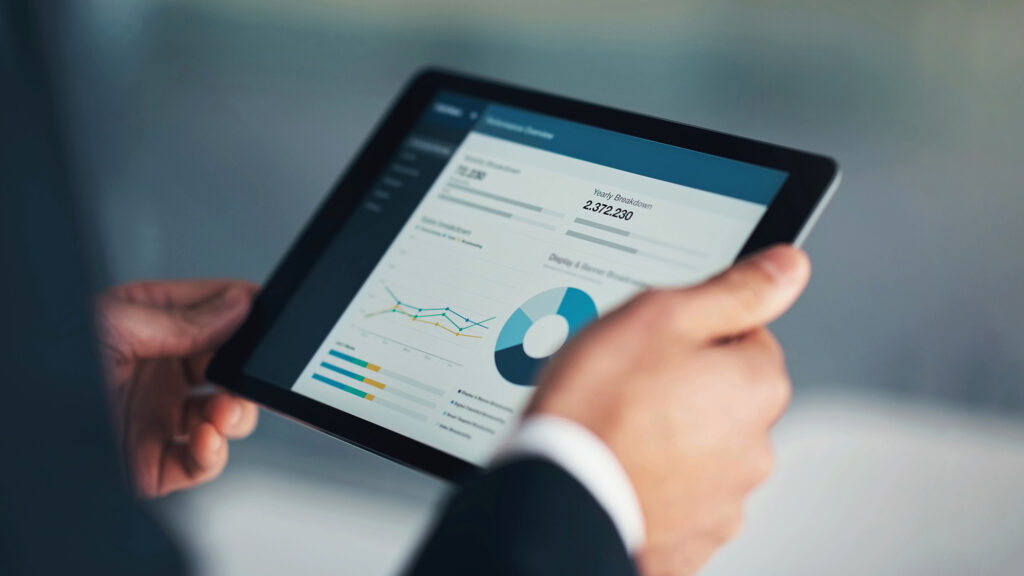
Customs warehouse: Is your company ready for future requirements and opportunities?
Companies often ask themselves: Is a customs warehouse the right choice for us, and how can we ensure compliance with all requirements? With increasing demands from the Swedish Customs Authority (Tullverket), now is the time to review your customs system to ensure regulatory compliance.
What is a customs warehouse and why use one?
A customs warehouse is an approved location where you can store non-EU goods without immediately paying customs duties and VAT. This means you can defer these payments until the goods are actually imported into the EU or exported outside the EU, such as to Norway. If the goods are to be re-exported, you completely avoid these costs. For companies with relatively high customs duties and large volumes, this can result in significant savings and improved liquidity.
With a customs system, you can manage stored goods with different customs statuses in the same warehouse, without requiring physical separation into designated areas. This allows for a random stock location approach. A warehouse worker does not need to track the customs status of the goods they are picking; they can continue using standard pick lists, either on paper or via forklift terminal assignments.
Key benefits:
- Improved liquidity by deferring customs and VAT payments.
- The ability to manage larger purchases at better prices, leading to more efficient transportation.
- Avoid import fees for goods exported outside the EU, such as to Norway.
What is required to operate a customs warehouse?
Running a customs warehouse involves more than just storage space. Here are some key requirements:
- Authorization from the Swedish Customs Authority: A customs warehouse permit application must be submitted and meet specific criteria.
- Approved accounting system: The system must be electronic and comply with traceability requirements under Article 214 of the Customs Code.
- Ongoing updates: All warehouse events must be continuously recorded in the accounting. It should be possible to track individual goods based on completed customs declarations, ensuring full traceability.
- Reports: You must be able to generate detailed reports, such as stock balance, received shipments, withdrawals, customs IDs, and the movement of goods or articles, upon request from the Swedish Customs Authority.
Which companies can use a customs warehouse?
Virtually any company handling goods from outside the EU can benefit from a customs warehouse. Companies with relatively high customs duties and high volumes gain the most from it. However, interest is growing among businesses of all sizes as they recognize how customs warehouses can positively impact their finances and operations.
Customs warehouses are used in multiple industries, with apparel and automotive manufacturing still dominating. Trade with China remains significant, and changes in customs duties create new opportunities for more companies to utilize customs warehouses.

How to determine if a customs warehouse is worth investing in
The first step is to conduct a basic analysis of the most relevant articles, using the 80/20 principle—focusing on goods that account for the largest share of customs costs.
Depending on the country of origin of each article and applicable trade agreements with the EU, customs duties may vary. By checking the tariff code in the Swedish Customs Authority’s tariff database, you can find the current customs duties and VAT. With this information, an estimate can be made by multiplying the customs rates by the goods’ customs value and trade volume to calculate the total customs fees.
After reviewing the identified 80/20 articles, the results are summarized to estimate the potential cost savings. A more in-depth analysis should also consider factors such as reduced tied-up capital and increased liquidity, which can positively impact business performance in both the short and long term.
Similarly, customs duties for articles re-exported outside the EU can be checked. If, for example, goods are exported to Norway, the customs rates can be found in the Norwegian Customs Authority’s tariff database (Tolletaten).
How to handle complexity
Many companies hesitate to establish a customs warehouse due to the initial administrative burden. Change can feel challenging, especially when it involves regulatory compliance. However, better integration between ERP, warehouse, and customs systems can significantly reduce administrative efforts both during the startup phase and in ongoing operations.
To facilitate the process, a detailed feasibility study is recommended before making a decision. This involves analyzing company processes to determine how best to integrate a customs warehouse.
What is a customs warehouse analysis?
A customs warehouse analysis, or feasibility study, is a strategic review of a company’s operations to identify how a customs warehouse can create economic and operational benefits. The analysis includes gathering data from customer orders, purchasing, transportation, and warehousing to gain a clear picture of which goods and processes could benefit from a customs warehouse.
To assess whether a customs warehouse is the right choice, the following criteria should be analyzed:
- Goods volume – What quantities of goods are handled and stored?
- High-value goods – Are there products where customs duties represent a significant cost?
- Storage time – How long are goods stored before being resold?
- Re-exports – What proportion of goods are exported outside the EU?
- Seasonal variations – Are there periods of significant warehouse fluctuations?
Do you have more questions about customs warehouses?
We are here to help you navigate the complex world of customs and logistics. Contact us for an initial discussion on customs warehouses or to learn more about our system solutions that simplify your entire customs management.
Contact Mats Nilsson, Senior Key Account, for more information: mats.nilsson@pipechain.com
Read more about our Customs solutions >>
Download our document Choosing the right customs system >>
Insights

If you are interested in learning more about how to create a powerful connected supply chain, here are our latest insights.
Tech papers

To help you get a deeper and better understanding of our solutions and your supply chain, we have developed a number of detailed tech papers on different subjects.
-
Necessary
These cookies are not optional. They are needed for the website to function. -
Statistics
In order for us to improve the website's functionality and structure, based on how the website is used. -
Experience
In order for our website to perform as well as possible during your visit. If you refuse these cookies, some functionality will disappear from the website. -
Marketing
By sharing your interests and behavior as you visit our site, you increase the chance of seeing personalized content and offers.


